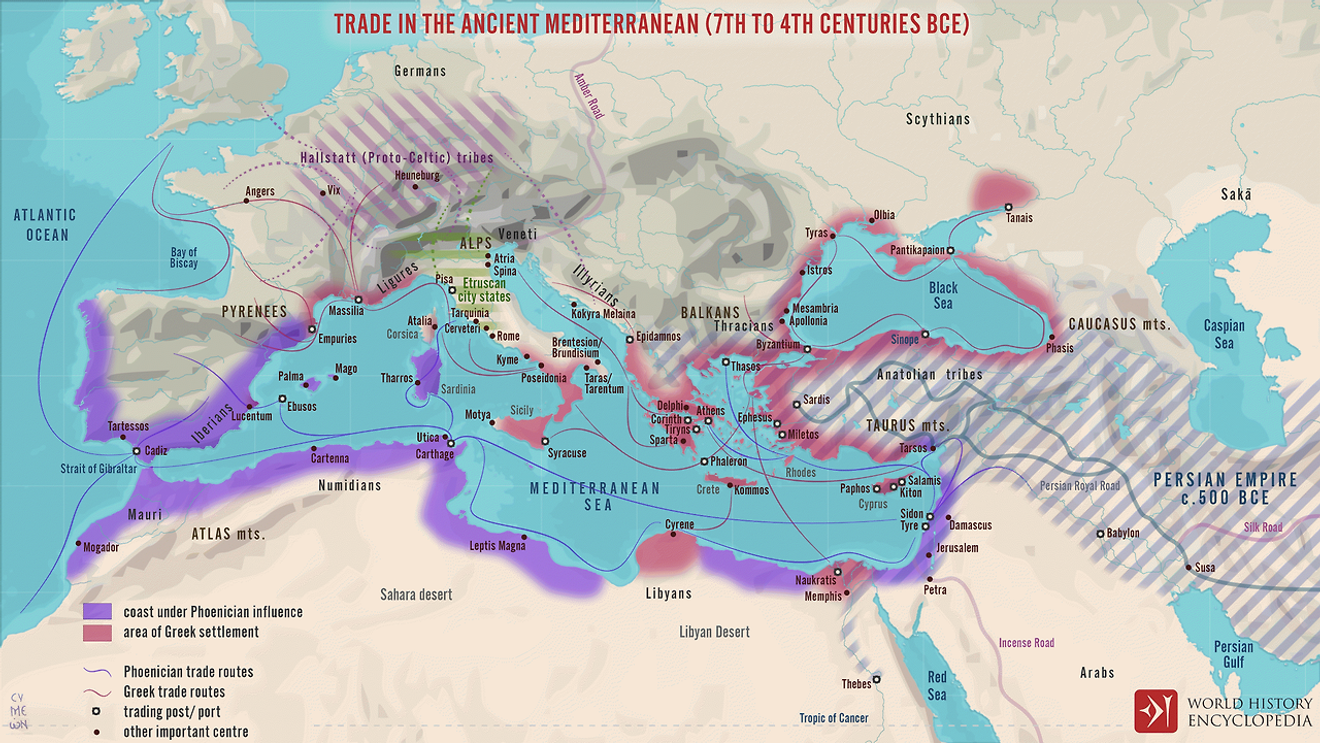The reason I explore research in the humanities is that I've come to realize that the perception that underlies judgment and decision-making can be diversified.
The perception of ‘monsters’ is one example. I used to think that monsters like the Sphinx and Minotaur were simply unrealistic beings created by the imagination of writers in comics, movies, and novels, but after reading the book “The Origins of Monsters”, my perspective changed.
David Wengrow, a British archaeologist, argues that there was no region in ancient Egyptian civilization, Mesopotamian civilization, or the Mediterranean Iron Age where the visual images of fantastical and complex, unrealistic creatures were not created and spread.

He explains that as cities were formed and civilizations developed, trade routes expanded, and in order to legitimize the elite status of each region, images of ‘monsters’ symbolizing strength and power were actively created.
In a situation where they considered themselves the ‘whole’ centered around kinship, upon reaching an expanded world, they realized they were actually a part of it. The realization, coupled with the fear it generated, seems to have been reflected in their desire to perceive themselves as a slightly stronger entity. Wengrow claims that the cause of this phenomenon is cognitive, socioeconomic, institutional, and to some extent, technological.
We have also indirectly observed many instances of dialogue and situations emphasizing family crests and asserting pride and self-esteem through dramas like the modern-day ‘Game of Thrones’, which helped us understand this concept quickly.
Later, when I saw bizarre images created using generative AI tools like Midjourney, I found the uncomfortable feeling a bit more understandable. The ‘intelligence’ that allowed humans to dominate the Earth. And the emergence of the first artificial intelligence with the ability to counter this in history.
The effectiveness of strategies like Elon Musk and Sam Altman openly mentioning the future of humanity in AI technology development became more realistically perceived. Perhaps we need to take the current trend more seriously.
What do you think? If you have any thoughts on how the evolution of AI today is expanding our perception and transforming our symbolic understanding, please share them.
Comments0